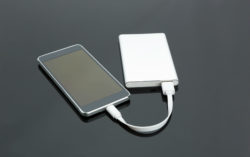 Attorneys are investigating consumer claims that the power capacity of portable battery packs is being misrepresented by the tech corporations manufacturing and selling them, and that these portable chargers are not able to perform to the standard claimed in advertisements.
Attorneys are investigating consumer claims that the power capacity of portable battery packs is being misrepresented by the tech corporations manufacturing and selling them, and that these portable chargers are not able to perform to the standard claimed in advertisements.
Even if you have never used a portable battery charger, it is likely that you have heard about them. Portable battery chargers have been in the news over the past few years due to concerns over their safety. There have been many instances of these portable chargers exploding and harming people, causing serious burns and other injuries.
In addition to reports of the batteries exploding, recent customer complaints regarding battery packs include claims that the stated power capacity of these chargers is often misrepresented. Laboratory tests have reportedly shown that many portable battery packs do not store as much power as their labels claim.
Attorneys are investigating the actual power of these portable chargers in comparison to their advertised ability. Investigations are also being conducted into whether these power capacity claims are being purposefully misrepresented by corporations.
What is a Portable Battery Charger?
A portable battery charger is an external battery device that can be connected to a phone, tablet, or other electronic device and can recharge the device without needing to be plugged into a wall outlet. Usually the battery pack is able to be recharged by plugging it into an outlet, and then used to power a phone or other device. Battery packs may be able to hold a single charge or multiple charges. The power of these chargers is measured in milliamp hours, or mAh. Advertisements and labels for charger packs usually list the claimed mAh of that particular charger. Consumers rely on the claimed mAh levels to make decisions about which charger to purchase.
Who is Affected?
Portable battery packs are used for many reasons. In 2018, Apple phone users filed dozens of lawsuits against the large tech company, alleging that Apple was purposefully slowing down or “throttling” the battery life of older iPhone models. Many of the people affected by the weakening iPhone batteries needed to buy a portable battery charger in order to keep their phone turned on throughout the day.Portable battery chargers are also used by commuters who may not have access to power outlets on the bus or train, people who use their phone frequently for business or entertainment, and hikers, campers, and outdoor recreationists who want their phones to stay charged while on the go.
What Brands are Under Investigation?
Belkin, EC, iEC, Insignia, PNY, and PocketJuice chargers are all included in this investigation. These portable chargers may be sold in physical stores or through online retailers. If you purchased a portable battery charger from one of the brands mentioned above and believe that the actual power level of the device is lower than the advertised power capacity, you may qualify to join a free investigation.
Join a Free Power Bank Portable Charger Class Action Lawsuit Investigation
If you purchased one of these brands of portable chargers, you may qualify to file or join a power bank portable charger class action lawsuit.
ATTORNEY ADVERTISING
Top Class Actions is a Proud Member of the American Bar Association
LEGAL INFORMATION IS NOT LEGAL ADVICE
Top Class Actions Legal Statement
©2008 – 2026 Top Class Actions® LLC
Various Trademarks held by their respective owners
This website is not intended for viewing or usage by European Union citizens.





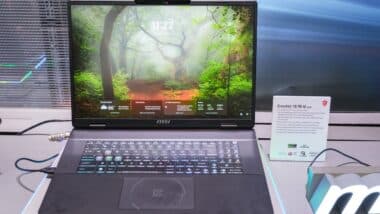

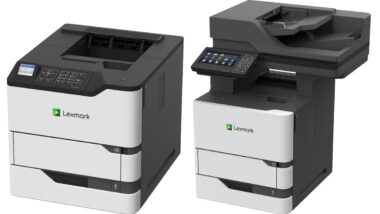
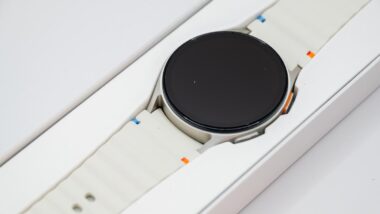
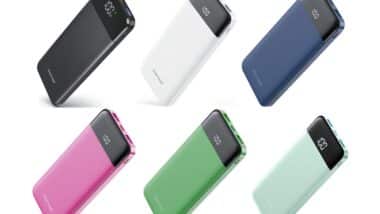
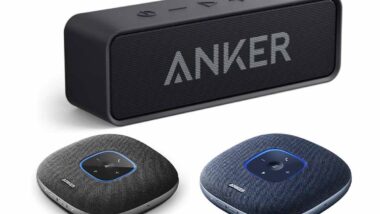




28 thoughts onAttorneys Launch Portable Battery Charger Power Capacity Investigation
Please add me as well and I’m with the guy prior to this message on the screen I think they’re all underrated. Although no way to confirm during my knowledge base in this Arena
Add me
Please add me
Add me
add me
Add me please
Thank you
Add Me Please